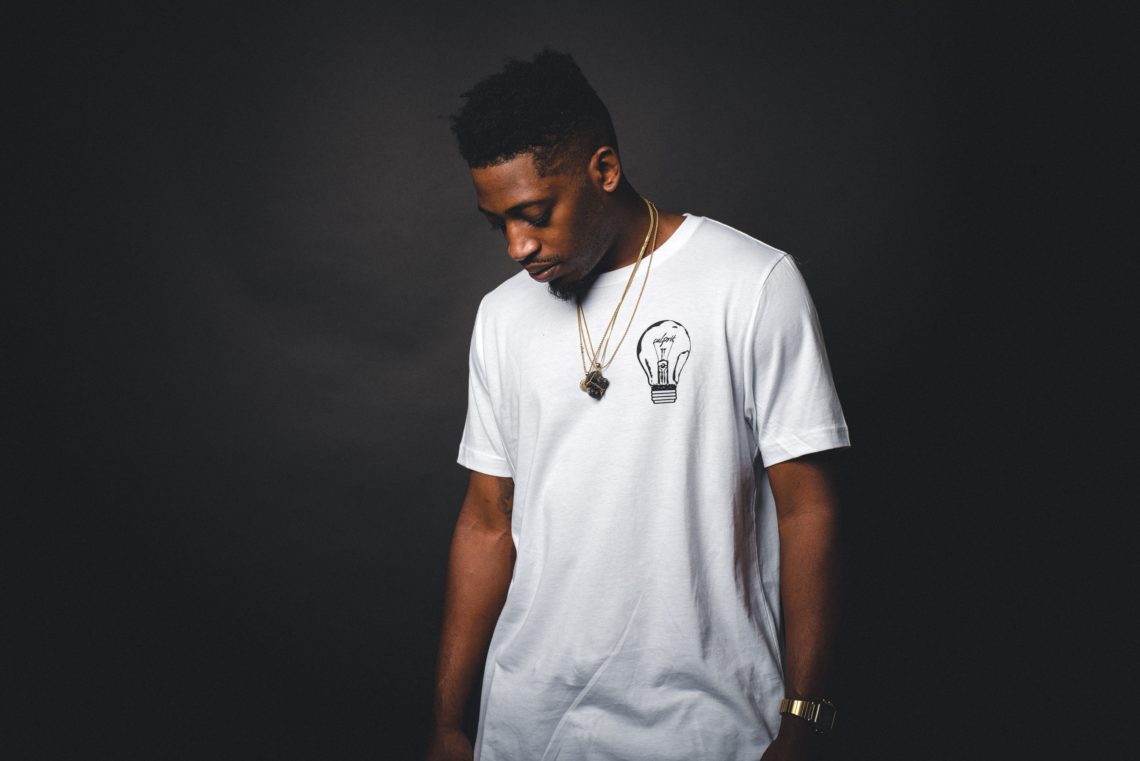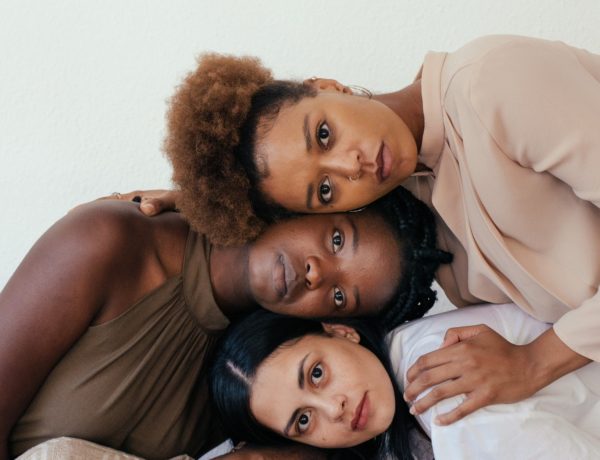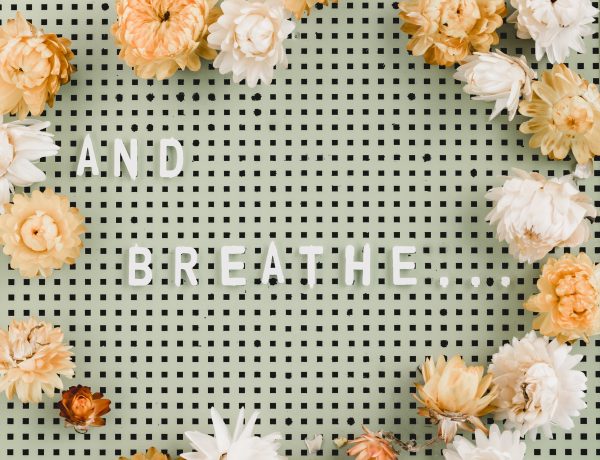There is currently a push for Black men to engage in therapy, which appears to be a response to masculinities that say men should be stoic and strong, both emotionally and physically at all times. The term masculinities rather than “masculinity” acknowledges the various displays of masculine gender roles in our society. It is the thread that highlights all Black men’s issues, as opposed to separating the conversation to speak to queer or heterosexual Black men, or to members of a specific socioeconomic standing.
Black men and their mental health treatment is the focus of many conversations included in panel discussions, blogs, and articles, and are often driven by mental health providers who are primarily White, members of the LGBTQ community, and gratefully, Black women. These conversations typically include what Black men need in treatment from providers, and what led us to therapy. Two essential points have been missing which are, recognizing warning signs, and not waiting until problems are severe.
Many Black men struggle with the idea of being openly vulnerable and sharing their emotions, due to the socialization of toxic behaviors and valuing the concealment of emotional distress. Some of this is taught by families who use phrases like “boys don’t cry” or “man up.” Black boys who express their emotions are often subject to ridicule and shame. These experiences lead Black boys to experience emotional trauma, they create stigma, barriers, and failure to recognize emotional distress and when to seek mental health treatment.
Prioritizing your mental health is not a sign of weakness, but an act of strength as a Black man.
Black men should seek therapy if they are experiencing these common symptoms:
- Stress, which may present with physical pains and complaints
- Anger or frequent feelings of irritation or frustration
- Depression, which might be experienced as boredom, lack of motivation, or loss of past interests
- Intimacy challenges, including reduce sex drive or interest
- Addiction or negative coping such as excessive drinking and/or smoking
Additionally, there are many topics Black men can discuss with their providers that can assist with reducing the above symptoms such as:
- Family relations and expectations
- Poverty or financial insecurities
- Community violence and police brutality
- Racism
- Education and employment
- Abuse including sexual, verbal, and emotional
- Romantic challenges or conflict
- Anxiety related to fatherhood
- Sexuality and exploration
- Religion and spirituality
- Body image
Meeting with a mental health professional about your experiences does not mean you are incompetent or “crazy.” Sometimes, we all need support or a different type of discipline to perform at our best. Many people might feel nervous or guilty about discussing hard topics. Providers usually expect and welcome hard questions because this allows them to better understand your experience, and what is important to you.
As Black men, building resilience, or the ability to adapt when faced with adversity, can help you manage emotional stressors and to feel seen and heard. Prioritizing your mental health is not a sign of weakness, but an act of strength as a Black man.
Featured Image: Photo by Brett Sayles from Pexels




